Residential Solar Systems are Transforming Our Living Spaces
In recent years, the world has witnessed a remarkable shift in the way we generate and consume energy within our living spaces. One of the most significant contributors to this change is the rapid advancement and adoption of residential solar systems. These systems are not only revolutionizing the way we power our homes but also fundamentally transforming our living spaces in numerous ways.
The increasing popularity of solar systems can be attributed to a combination of factors. Firstly, there is a growing global awareness of the environmental impact of traditional fossil fuel-based energy sources. As we strive to reduce our carbon footprint and combat climate change, solar energy presents a clean and renewable alternative. Secondly, the continuous technological advancements in solar panel efficiency and the decreasing costs of production have made solar systems more accessible and economically viable for homeowners.

Advancements in solar panel technology have led to more efficient and aesthetically pleasing designs. Panels are now thinner, more flexible, and can be integrated seamlessly into the architecture of a home, making them less obtrusive and more visually appealing. This has made it easier for homeowners to incorporate solar systems into their living spaces without sacrificing the aesthetic integrity of their properties.
Energy Independence and Cost Savings
One of the most significant ways solar systems are transforming our living spaces is by providing homeowners with a level of energy independence. By generating their own electricity, homeowners are less reliant on the traditional grid and the fluctuating energy prices associated with it. This not only leads to significant cost savings in the long run but also provides a sense of security and stability in energy supply.
In addition to the direct cost savings on electricity bills, solar-powered homes often have higher property values. Studies have shown that homes equipped with solar systems can command a premium in the real estate market, as buyers are increasingly attracted to the idea of energy-efficient and sustainable living. This added value not only benefits the homeowners financially but also contributes to the overall desirability and marketability of solar-powered properties.
Enhanced Sustainability and Environmental Benefits
Residential solar systems play a crucial role in promoting sustainable living and reducing our environmental impact. By harnessing the power of the sun, these systems help to reduce our reliance on non-renewable energy sources such as coal, oil, and natural gas, which are major contributors to greenhouse gas emissions and climate change.
For every kilowatt-hour of electricity generated by a solar system, we are avoiding the release of harmful pollutants and greenhouse gases into the atmosphere. Over the lifetime of a residential solar system, the cumulative environmental benefits can be substantial, making a significant contribution to a cleaner and healthier planet. This enhanced sustainability not only benefits us in the present but also secures a better future for generations to come.
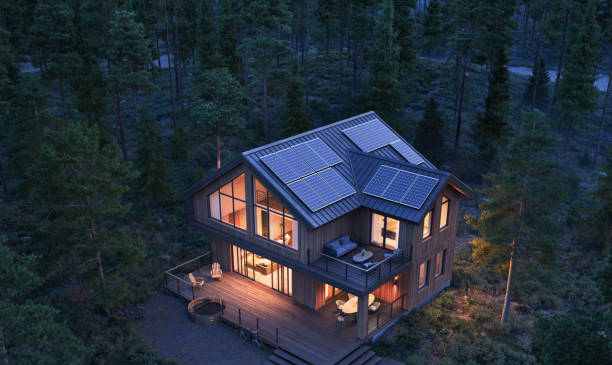
Improved Home Comfort and Functionality
Beyond the energy and environmental aspects, residential solar systems also contribute to improving the comfort and functionality of our living spaces. Solar-powered heating and cooling systems can provide efficient and consistent temperature control, creating a more comfortable indoor environment. Additionally, solar-powered lighting and smart home technologies integrated with solar energy can enhance the overall functionality and convenience of our homes.
With the development of energy storage solutions such as lithium-ion batteries, solar energy can be stored for use during periods of low sunlight or at night, ensuring a continuous and reliable power supply. This allows homeowners to operate essential appliances and systems even during power outages, adding an extra layer of security and convenience to our living spaces.
Social and Community Impact
The transformation brought about by solar systems extends beyond individual living spaces and has a broader social and community impact. As more homes adopt solar energy, it creates a ripple effect within communities, inspiring others to follow suit and driving the collective shift towards a more sustainable energy future.
Solar-powered neighborhoods and communities can also foster a sense of shared responsibility and environmental consciousness. Homeowners can come together to share knowledge, experiences, and resources related to solar energy, creating a stronger sense of community and a common goal of sustainable living.
In conclusion, residential solar systems are truly transforming our living spaces in profound and multifaceted ways. From providing energy independence and cost savings to enhancing sustainability, improving home comfort, and having a positive social impact, these systems are shaping the future of our homes and our planet. As we continue to embrace and invest in this technology, we are not only creating more efficient and sustainable living spaces but also taking significant steps towards a cleaner, greener, and more sustainable world.
Contact us
- Email:[email protected]
- Tel: +86 13651638099
- Address: 333 Fengcun Road, Fengxian District, Shanghai
Get A Quote Now!

Read more
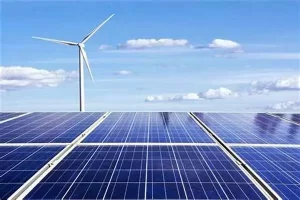
Unveiling Photovoltaic+Energy Storage: Four Major Application Scenarios Leading the Future of Energy
In this way, the energy landscape is evolving, and one of the most thrilling developments in renewables is the integration of photovoltaics energy storage.
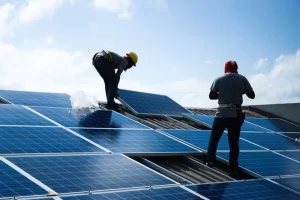
From Theory to Practice: Four Methods for Estimating Photovoltaic Power Generation
Photovoltaic power generation has become an essential part of modern energy solutions, particularly in home solar systems and distributed power applications
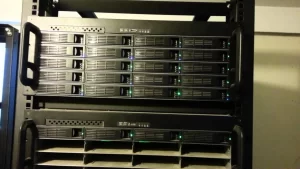
Rack-Mounted Lithium Iron Batteries: Creating Efficient and Reliable Energy Storage Solutions
When it comes to modern energy solutions, rack-mounted lithium iron batteries are taking center stage in a variety of industries. Whether you’re powering data centers, stabilizing energy for households, or keeping critical systems online at 5G base stations, these batteries have become the unsung heroes of our electrified world.
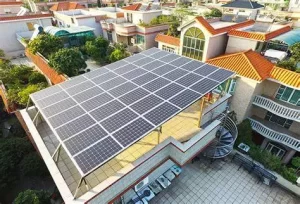
Late Night Energy Saving Tips: How to Maximize Electricity Savings During Off-Peak Hours
With rising energy costs, homeowners are increasingly exploring innovative ways to save on their electricity bills. One effective approach is utilizing off-peak hours—times when electricity rates are significantly lower due to reduced demand.
